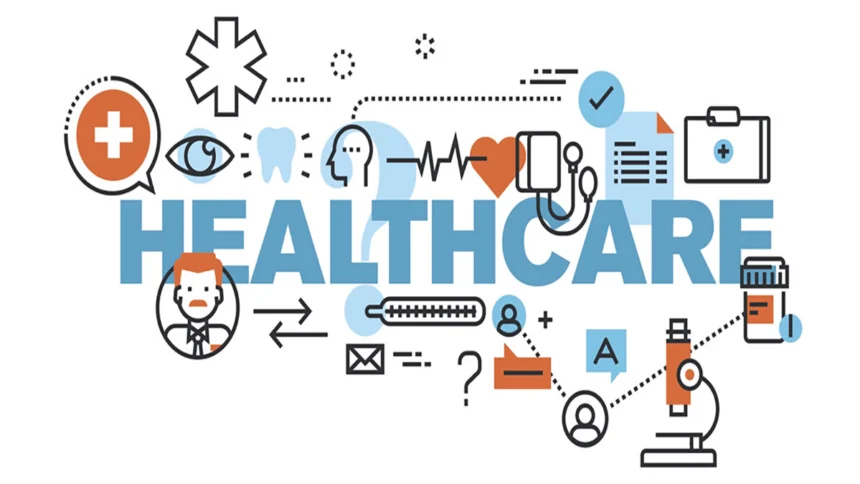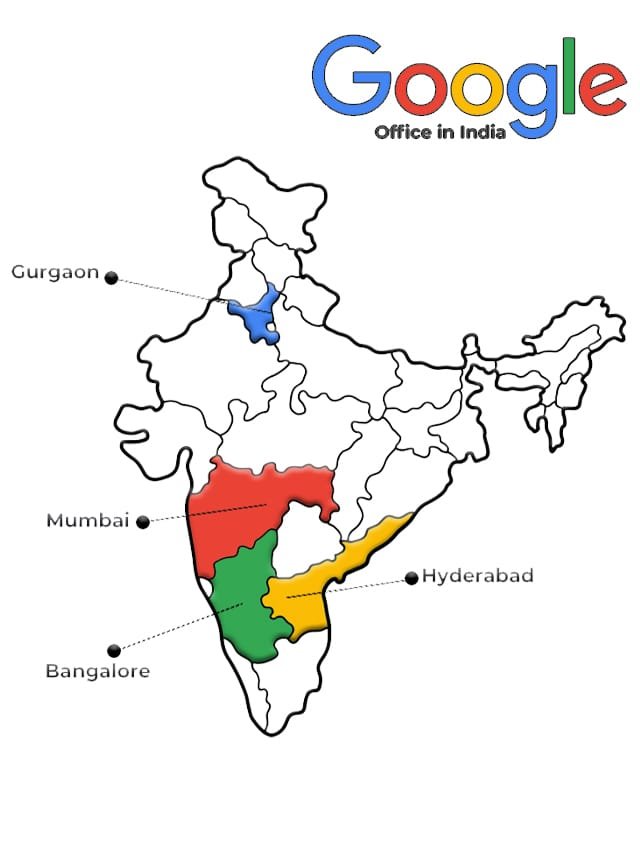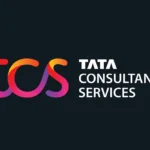Are you passionate about entering the healthcare field but worried about your lack of experience? Do you dream of making a difference in people’s lives but feel overwhelmed by the requirements? You’re not alone. Many aspiring healthcare professionals face the same challenges. The good news is, you can land a job in healthcare even without experience. This comprehensive guide will walk you through the steps to kickstart your healthcare career.
Why Choose a Career in Healthcare?
Healthcare is one of the fastest-growing industries globally, offering numerous opportunities for those willing to start from the ground up. Here are some compelling reasons to consider a healthcare career:
- Job Stability: Healthcare is a necessity, ensuring continuous demand for professionals.
- Growth Opportunities: With numerous specialties, there’s ample room for career advancement.
- Impact: A chance to make a tangible difference in people’s lives.
- Diverse Roles: From administrative to clinical positions, there’s a role for everyone.
How to Get Started Without Experience
1. Identify Your Area of Interest
Healthcare is a broad field. Begin by identifying which sector interests you the most. Some entry-level positions include:
- Medical Administrative Assistant
- Home Health Aide
- Phlebotomist
- Certified Nursing Assistant (CNA)
- Medical Billing and Coding Specialist
2. Obtain Necessary Certifications
Certain certifications can enhance your employability, even without prior experience. Here are some valuable certifications:
- Certified Nursing Assistant (CNA): Typically requires a state-approved education program and passing a competency exam.
- Medical Billing and Coding Certification: Offered by organizations like AAPC or AHIMA.
- CPR and First Aid Certification: Basic but essential skills for many healthcare roles.
- Phlebotomy Certification: Required to become a phlebotomist, involving training in blood collection techniques.
3. Leverage Transferable Skills
Many skills from previous jobs can transfer to healthcare roles. Highlight these in your resume:
- Customer Service: Essential for patient interaction.
- Organizational Skills: Crucial for administrative roles.
- Attention to Detail: Important in clinical settings.
- Communication Skills: Necessary for all healthcare positions.
4. Gain Experience Through Volunteering
Volunteering is an excellent way to gain relevant experience and show your commitment to the field. Consider volunteering at:
- Hospitals
- Nursing Homes
- Clinics
- Community Health Events
5. Network in the Healthcare Community
Networking can open doors to job opportunities. Attend healthcare job fairs, join professional associations, and connect with professionals on LinkedIn.
6. Utilize Job Search Platforms
Leverage job search platforms that specialize in healthcare positions, such as:
- Indeed
- Health eCareers
- Hospital Websites
7. Tailor Your Resume and Cover Letter
Your resume and cover letter should reflect your passion for healthcare and highlight relevant skills and certifications. Here’s an example of an entry-level healthcare resume:
Sample Resume
| Section | Example |
|---|---|
| Objective | Dedicated and compassionate individual seeking an entry-level position in healthcare. |
| Certifications | Certified Nursing Assistant (CNA), CPR Certified |
| Skills | Excellent communication, strong organizational skills, attention to detail |
| Experience | Volunteer at XYZ Hospital, Administrative Assistant at ABC Company |
| Education | High School Diploma, Healthcare Certificate Program |
8. Prepare for Interviews
Practice common interview questions for healthcare roles and prepare to discuss how your skills and certifications make you a suitable candidate.
Common Interview Questions
- Why do you want to work in healthcare?
- How do you handle stressful situations?
- Describe a time when you had to use your organizational skills.
- How do you ensure patient confidentiality?
READ MORE : How to Get a Job in Data Science as a Beginner
FAQs
Q: Can I get a healthcare job without any certifications? A: While certifications can enhance your employability, some entry-level positions, like Home Health Aide, may not require them initially.
Q: How can I gain experience if I’m just starting? A: Volunteering, internships, and shadowing professionals are excellent ways to gain experience.
Q: What are some entry-level healthcare jobs that pay well? A: Phlebotomists, Medical Billing Specialists, and CNAs often earn competitive salaries even at entry-level.
Q: Are online healthcare certifications credible? A: Yes, as long as they are from accredited institutions and recognized by industry standards.
Conclusion
Embarking on a healthcare career without experience may seem daunting, but with the right approach, it’s entirely achievable. By obtaining relevant certifications, leveraging transferable skills, gaining volunteer experience, and networking, you can pave your way into this rewarding field.
Thank you for reading! Stay connected with CourseBhai for more updates on jobs, internships, and career tips. Join us on social media, subscribe to our newsletters, and enable push notifications for instant updates. Your healthcare career journey starts now.




![Swiggy Offering Data Science Internship [6 Month, Stipend Available] Apply Now in 2025 5 Swiggy](https://coursebhai.com/wp-content/uploads/2025/10/Untitled-1200-x-628-px-10.png)






